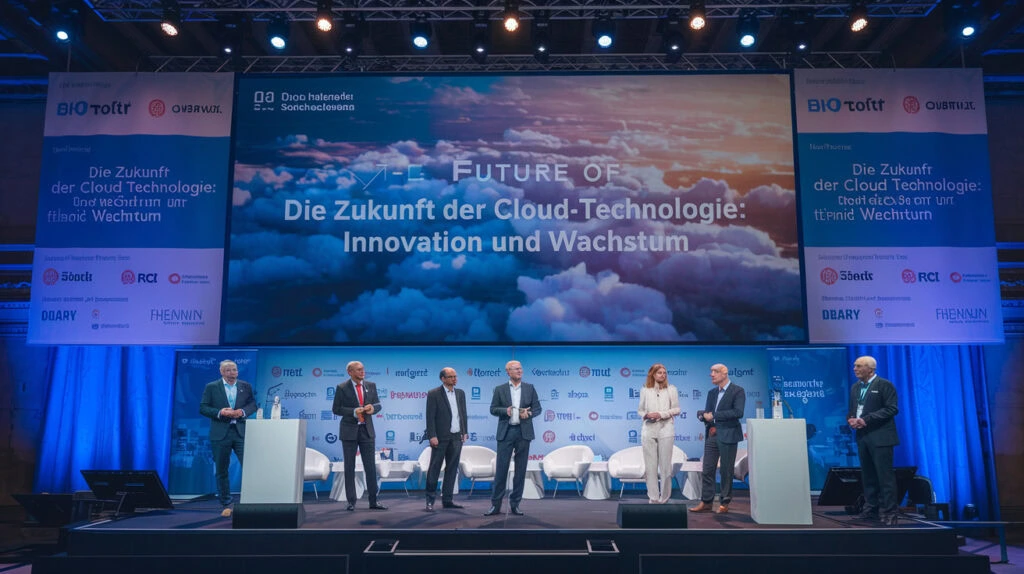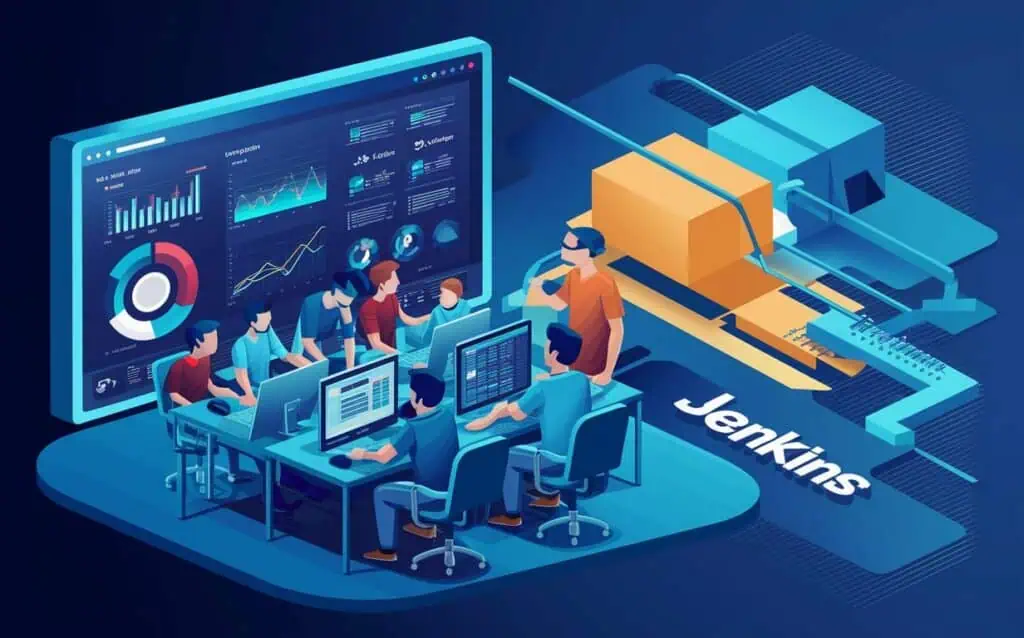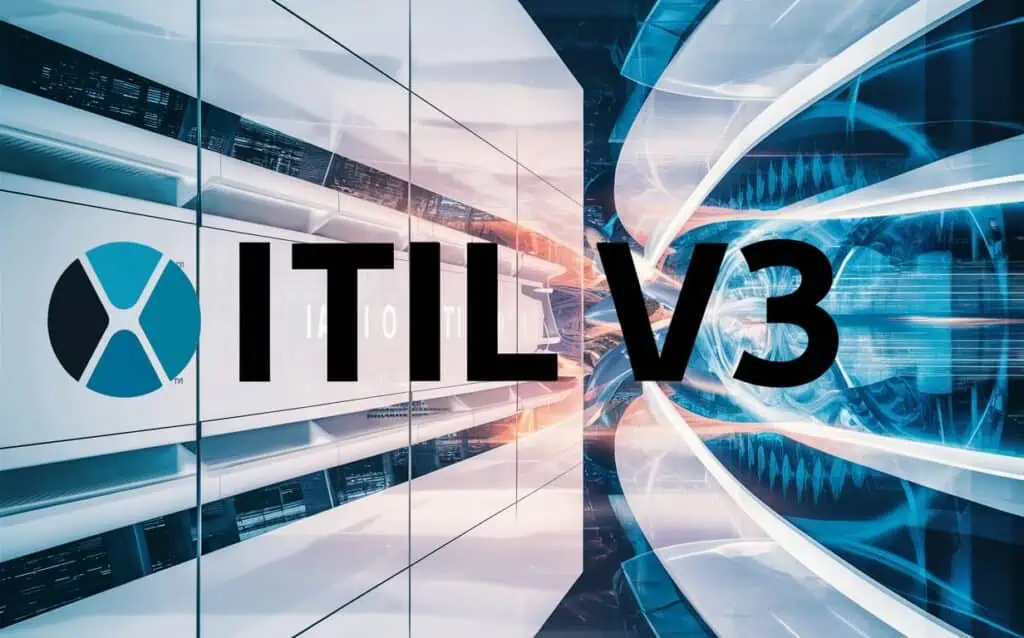The future of cloud technology: innovation and growth
Cloud technology has evolved considerably since its beginnings in the 1960s. It was originally based on the concept of "time sharing", where multiple users could access a central computer at the same time. In the 1990s, the development of virtual machines led to the ability to run multiple operating systems on one physical computer, which formed the basis for the modern cloud infrastructure. Today, cloud technology encompasses a wide range of services, including Infrastructure as [...]
The future of cloud technology: innovation and growth Read more »








